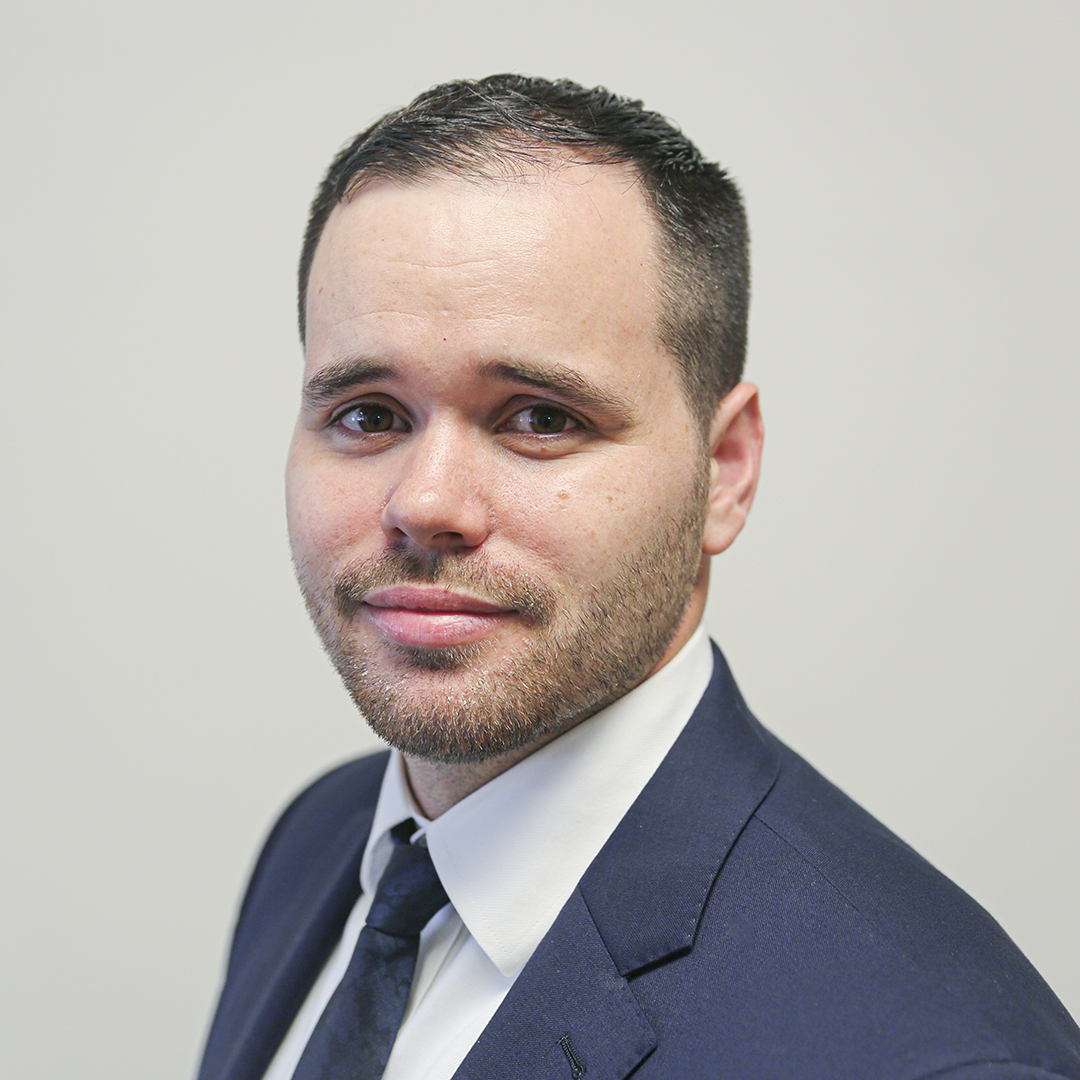Ten years into practice seems like a time that physicians can finally take stock of their progress: the years of school and residency finally behind them, inroads made, patients treated, and a solid foundation finally laid. Michael Kennedy was a decade into a successful orthopedic surgery practice and, by all accounts, had nothing but a successful career to look forward to. But it wasn’t where the surgeon felt he belonged.
“I started getting interested in administrative medicine, care delivery redesign, and payment reform,” Kennedy says. “I decided to go back to school.” The surgeon speaks easily about the transition—more easily than most would, considering such a dramatic career turn. Kennedy started attending night school, eventually ended up with two different business program degrees, and moved from an interest in hospital administration to the healthcare payer space. “It was certainly an area I had minimal exposure to,” Kennedy says. “But it was a way to learn another portion of the healthcare spectrum that I wasn’t in prior.”
Confronting the Social Determinants of Health
In going back to school, Kennedy was exposed to the emerging concept of population health. “It interested me greatly and it got me thinking about the things that are going on outside of the doctor’s office that affect how people maintain their health,” Kennedy says. “And believe it or not, the payers are heavily invested in this idea—until recently, more so than many clinicians outside of primary care.”
Kennedy now serves as medical director of healthcare services at Portland-based Moda Health, a role that acts as a proving ground for the surgeon-turned-executive that. With the right results and Moda’s continued expansion, it has the likelihood of developing into something more. In fact, current Moda president William Johnson served in the exact role that Kennedy is in now.
That rise isn’t of importance to Kennedy at the moment, though. He’s focused on the social determinants of health that he says collectively contribute more to the overall well-being of a patient than the interventions of a practitioner. “We’re thinking about what can be done at the community level,” Kennedy says. “What kinds of nontraditional approaches can we do to keep people healthier and keep them out of the hospital.” That ultimately drives down prices of healthcare payers.
“We’re thinking about what can be done at the community level. What kinds of nontraditional approaches can we do to keep people healthier and keep them out of the hospital?”
Kennedy’s own population “aha” moment came towards the end of his practicing days. “The question of why one person would have such different outcomes from another when you’re doing the same exact procedure the exact same way was something I was starting to think about more and more,” Kennedy remembers. “A long time ago, people would use the crude phrase ‘poor protoplasm,’ but what they were really talking about was the overall general health of the individual.” In actuality, the larger social determinants of a person can be the primary driver for how they may fare following a medical procedure, and identifying those is the first step towards better outcomes and a better quality of life.
More Than an Education
While Kennedy now holds both physician executive and healthcare delivery science MBAs, the surgeon-executive says that going back to school paid far more dividends than what he was learning in the classroom. “When I first decided to go back to school, I wasn’t entirely sure what I wanted to do with it,” Kennedy says. “But during the process, you meet people from various specialties who are at all different points of their career. You get new ideas that you’d never thought of from the people sitting next to you. Be open to that.”
It was a classmate who was responsible for suggesting Kennedy attend SEAK’s annual Non-Clinical Careers for Physician conference in Chicago that helps clinicians who have thought about careers outside of practicing medicine identify potential career pivots that span from insurance providers to expert witness testimony. “It was a broad exposure to nonpracticing opportunities for clinicians, and that really opened my eyes,” Kennedy says. “That goes back to listening to your classmates.” To this day, Kennedy credits his classmates as the primary influence for encouraging the next stage of his career.
The Future of Healthcare
As Kennedy becomes more comfortable in his role, he says he looks forward to taking on more responsibilities at Moda. “We’re trying to expand to more states and, obviously, grow our membership,” Kennedy says. “My target would be to grow with this organization and eventually gain oversight of people that may be coming into what I do currently.”
In coming to Moda, Kennedy has been able to bring a perspective that he says needed to be highlighted more. “None of my predecessors came from a musculoskeletal background, which is a large cost driver in healthcare,” Kennedy says. “I think as we grow, we want to get more well-rounded and I’m somewhat unique in my background. I think it’s been helpful to the organization.”
As Moda continues its expansion into new territories, the company can be sure that their medical care director is laying the groundwork for continued growth and is ready to take on whatever new responsibilities may come his way.
At INTERLINK, we build programs from visions. Our visions are forward thinking, focusing on how populations of patient outcomes can be improved by combining medical excellence and evidence-based care. We are proud that our cancer and transplant programs are included in the growth and expansion visions of our partner Moda Health.

